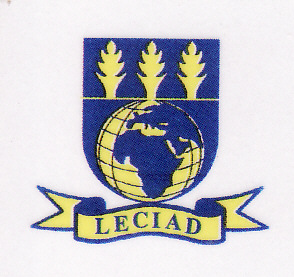The course is intended to provide students with the tools to analyze comprehensively, the salient facets and dynamics of American foreign policy goals and practices. The course examines the evolution and the critical forces that have shaped the choices and decision-making processes of United Sates’ foreign policy as well as its dominant role in the international system. Furthermore, it analyzes the ‘isolationism’, ‘internationalism’ and ‘interventionism’ foreign policy agenda of the United States within specific historical contexts particularly, during the Cold War and aftermath. It also discusses the shifts in United States’ foreign policy objectives that have altered the international systemic structure, and how it has conducted her foreign policy in the military, socio-political, geo-strategic and the economic spheres, generally. The course pays special attention to the roles of state institutions, particularly the Executive and Congress, as well as non-state actors play in US foreign policy. This is done by examining US foreign policy orientation towards specific regional actors such as in the Africa Union, European Union, North Atlantic Trade Organization (NATO) and the United Nations and the larger international system. The mode of delivery is a mixture of lecturer-led and students’ presentations and are facilitated through the adoption of modern IT tools such as power-point presentations, audios and documentaries to promote students’ understanding of the issues. At the end of the course, students would have developed the skills needed to determine America’s foreign policy goals and interest.



